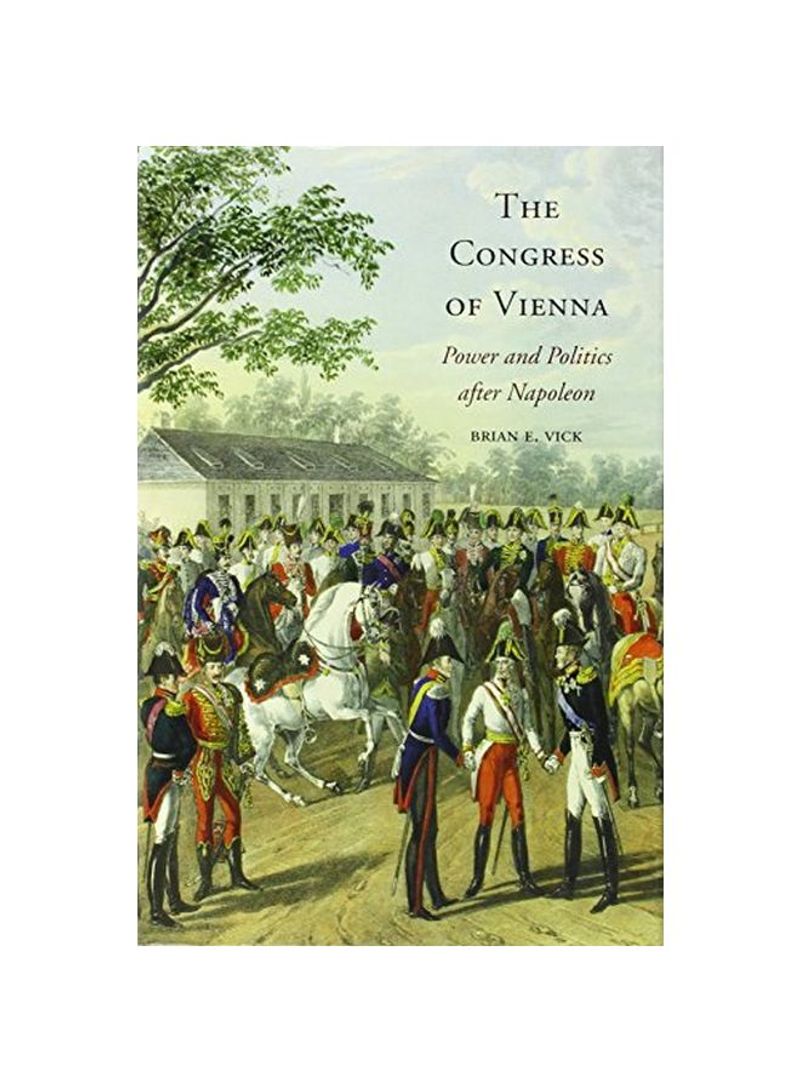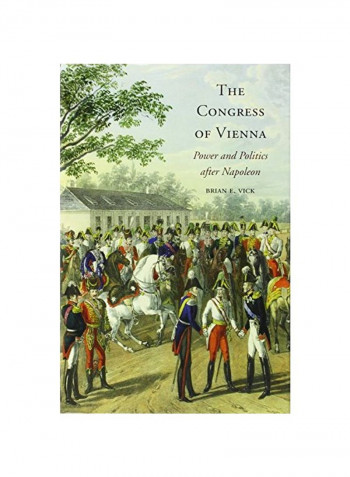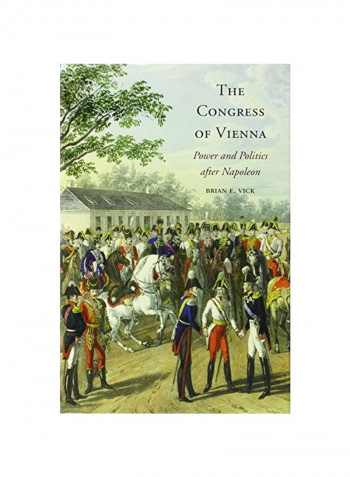The Congress Of Vienna : Power And Politics After Napoleon Hardcover
Recommend
Sort by
Rating
Date
Specifications
Author 1
Brian E. Vick
Book Description
Convened following Napoleon's defeat in 1814, the Congress of Vienna is remembered as much for the pageantry of the royals and elites who gathered there as for the landmark diplomatic agreements they brokered. Historians have nevertheless generally dismissed these spectacular festivities as window dressing when compared with the serious, behind-the-scenes maneuverings of sovereigns and statesmen. Brian Vick finds this conventional view shortsighted, seeing these instead as two interconnected dimensions of politics. Examining them together yields a more complete picture of how one of the most important diplomatic summits in history managed to redraw the map of Europe and the international system of the nineteenth and twentieth centuries. The Congress of Vienna investigates the Vienna Congress within a broad framework of influence networks that included unofficial opinion-shapers of all kinds, both men and women: artists and composers, entrepreneurs and writers, hosts and attendees of fashionable salons. In addition to high-profile negotiation and diplomatic wrangling over the post-Napoleonic fates of Germany, Italy, and Poland, Vick brings into focus other understudied yet significant issues: the African slave trade, Jewish rights, and relations with Islamic powers such as the Ottoman Empire and Barbary Corsairs. Challenging the usual portrayal of a reactionary Congress obsessed with rolling back Napoleon's liberal reforms, Vick demonstrates that the Congress's promotion of limited constitutionalism, respect for religious and nationality rights, and humanitarian interventions was influenced as much by liberal currents as by conservative ones.
ISBN-13
9780674729711
Language
English
Publisher
Harvard University Press
Publication Date
13 October 2014
Number of Pages
448
About the Author
Brian E. Vick is Associate Professor of History at Emory University.
Editorial Review
A new and intriguing interpretation of one of the major events of nineteenth-century Europe. Vick expands and transforms our view of the Congress of Vienna and, more broadly, of the history of European diplomacy. Written with both clarity and grace, this book will be read by all historians of modern Europe.--Jonathan Sperber, University of Missouri An impressive book that will challenge traditional accounts of the Congress of Vienna. Vick's approach is original, his writing is lucid and elegant, and his arguments are cogent and persuasive. By focusing on the political culture of the Congress--from public festivals to the role of women--he has reinvigorated the study of one of the great milestones of European diplomatic history.--Tim Blanning, University of Cambridge The public culture of diplomacy is the central focus of this valuable work on the Congress of Vienna...This is a thoughtful and significant study that will be of wide-ranging importance for our understanding of early 19th-century Europe.--Jeremy Black"Times Higher Education" (11/20/2014) Vick sets out to explore the congress as a public event and to trace its path to consensus. He shows that it involved more than cynical negotiations behind closed doors.-- (12/14/2014) Vick's serious, thoroughly researched reappraisal...acts as a healthy corrective to emotion-driven detractors of the Congress.--Aram Bakshian Jr."Washington Times" (01/19/2015)



